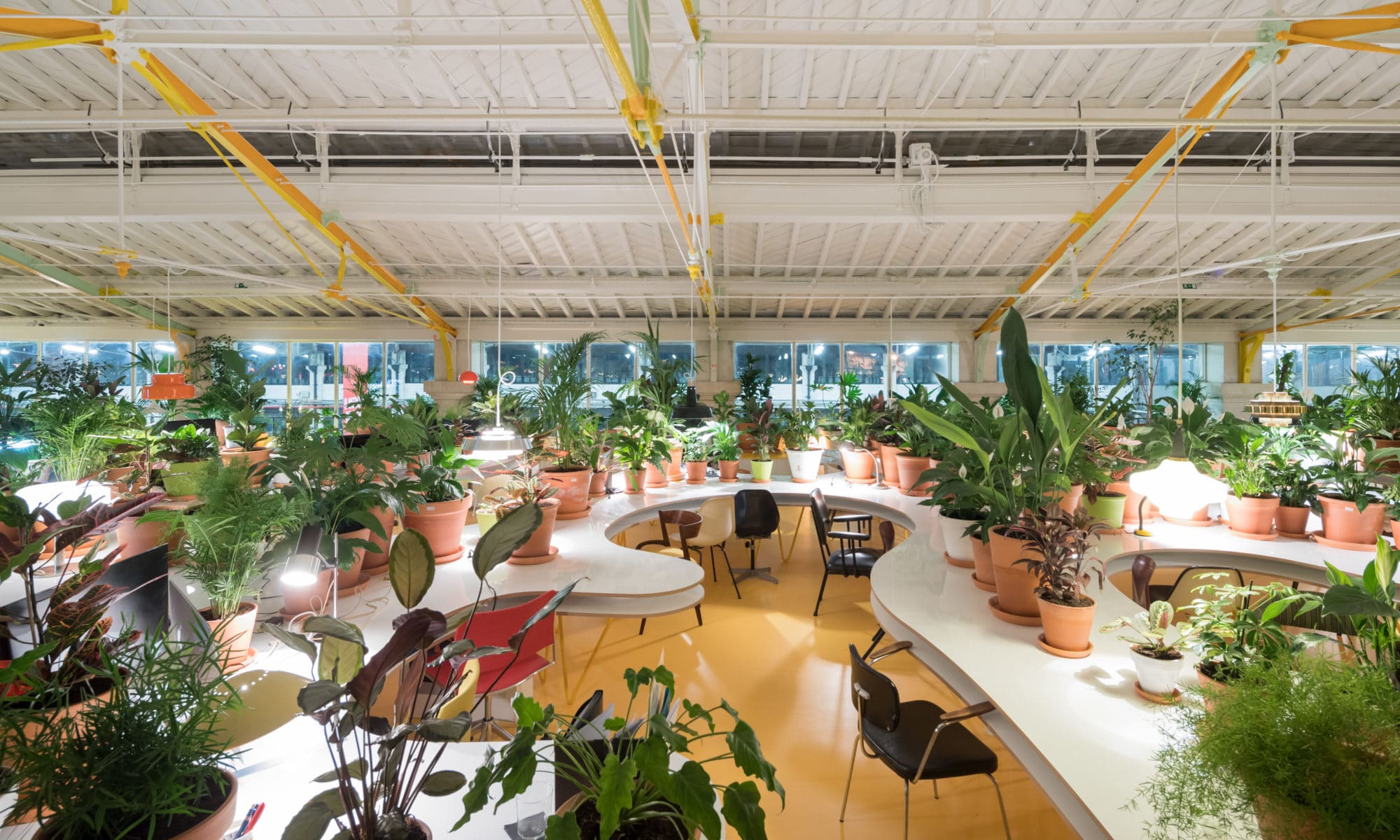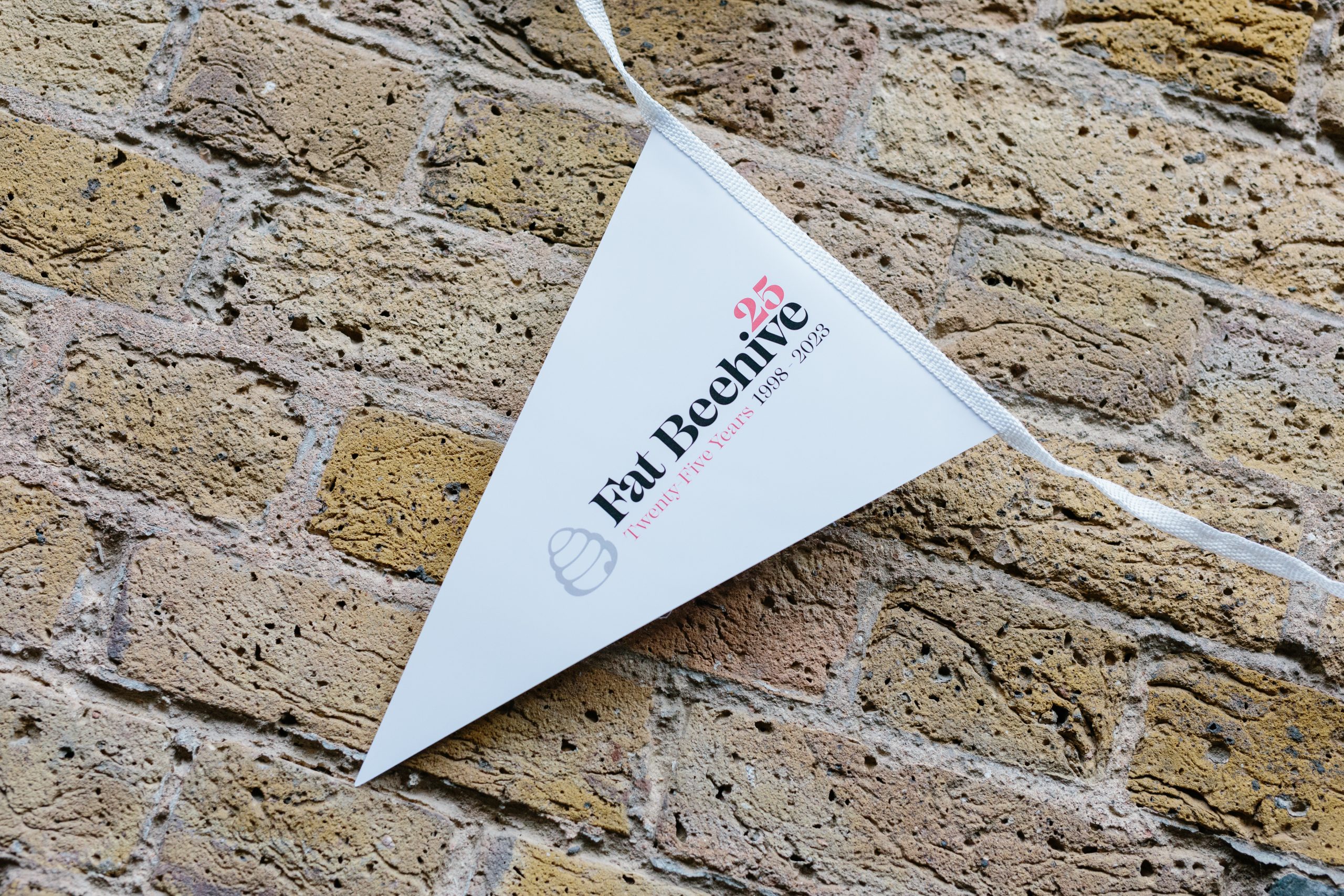My parents are gardeners. And while it took me a while to discover my own green thumb, my flat is now adorned with plants. It’s not quite Second Home Lisboa but I’m aware of how much it seems to have helped my mental health during lockdown. A water here, a trim there; I tend to them and they keep me well.
Your website is the same – the better you tend to it, the better the results. An SEO-keyword review here, an A/B test there and you’ll find more visitors having a positive experience.
Like a garden, a website is easy to start. You write a great brief, source the right agency (garden designer), collaborate through a discovery phase (garden mood boards, trips to the nursery), wireframe out what you need (blueprints) and begin the build.
You step back while the experts get to work, hand over a downpayment and wait for the Instagrammable results. Of course, you always thought you’d not need to do too much, but it dawns on you why you value your project manager so much! Choosing plants, knowing the direction of the sun and understanding your unique climate is much like a content audit, defining your audiences and discovering how to meet their needs.
Once the build is complete you draw breath, launch and break out the champagne (or at least the Cava, if we’re talking the charity sector). And so we should – a lot of work has gone into the last year and we all need to celebrate our wins, now more than ever.
But that’s not the end, simply the beginning of the hard work. Weeding and pruning (removing or redirecting outdated content), watering and fertilising (content creation) and finding out what’s thriving and what’s struggling (data and strategy). Do you need to move some plants (promote on a different channel)? Improve the soil of others (start a PPC campaign)?
As I say to many a client, a website, like a garden, is never finished. It’s an idea many third sector funders need to understand and begin shaping their grants around. Funding maintenance is never as sexy as funding a new site, but many a website has wilted and died back from a lack of love.
The tending, the watering, that’s the joy of it, the giving to get back. The journey is the destination.


